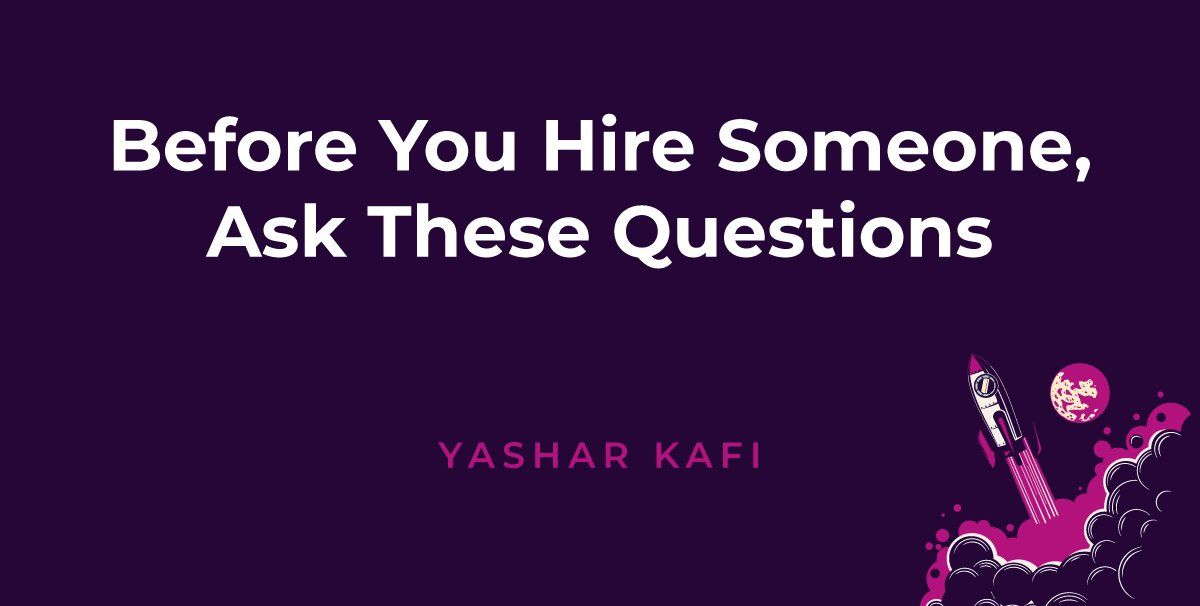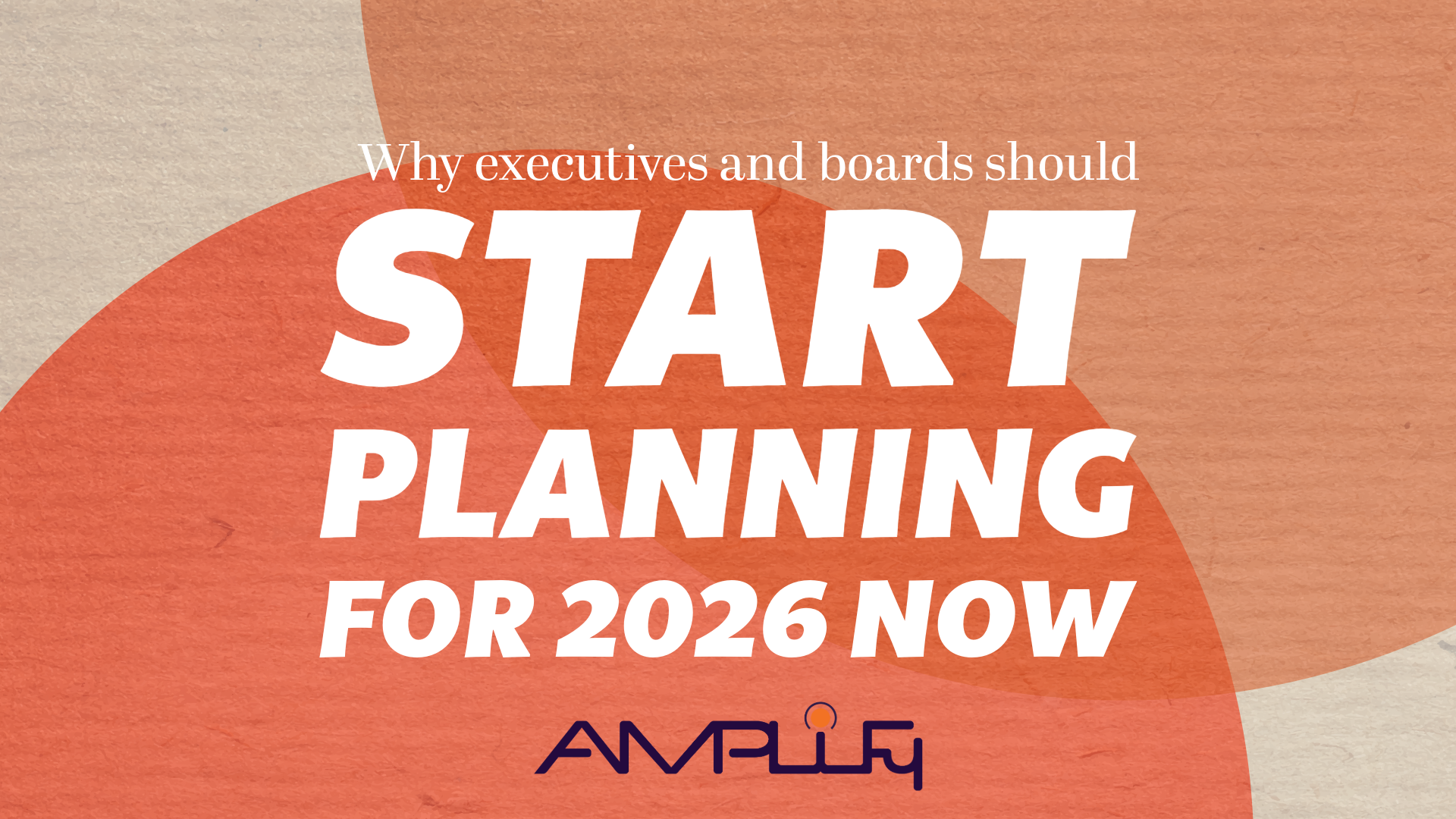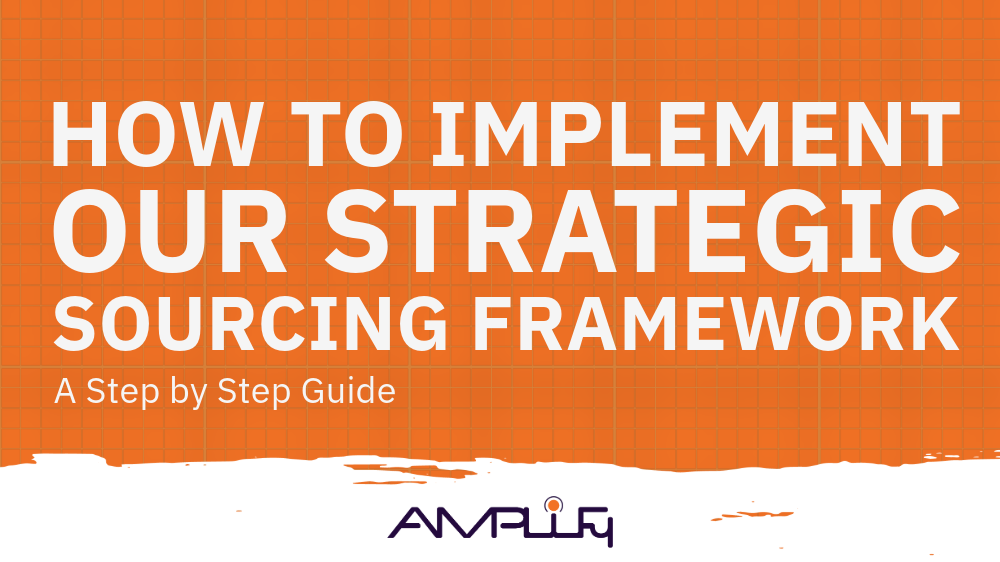Before You Hire Someone, Ask These Questions
Let’s face it: Hiring the right person is crucial. After all, you’ll be sharing both your business and your mentorship with whoever officially joins your team. And while there are hundreds—if not thousands—of systems and checks and balances in place to get it right, employers still sometimes manage to get hiring wrong. Add to this difficulty is that hiring for leadership roles is especially tricky. To help you make the best decisions possible, here are some of the best questions to ask before hiring someone to join your ranks.
Question 1: What Is Your Management Style?
A good manager gives consistent, clear directions and is always available to provide help and advice. They don’t try to seize control or micromanage every single situation. It’s a tough balancing act, but a vital one. Whoever you hire is crucial to successful management. Also, whoever you hire should do their utmost to ensure that their colleagues and underlings have every chance to reach their full potential. You want your possible hire to say that they will hold regular meetings to discuss their team member’s career goals and offer similar support strategies. These are signs that they have what it takes to be management material—and a real asset to your company.
Question 2: Do You Ever Get Flustered with People?
The harsh reality of life is that we will all encounter difficult people. In the business realm, especially in a management position, how you deal with these situations can make or break your business reputation, client relationships, and much more. It’s a good idea to further delve into your potential hire’s skills (or lack thereof) for appropriately dealing with difficult people. Give them a hypothetical scenario and listen closely to their answer. Will they act in a way that will do you and your company proud? Also ask as a follow-up question, where you invite them to tell you about a specific time they had to deal with a difficult person (be it an employee, customer, vendor). Then determine if their way of relating to people is similar to your style. Also make sure it aligns with your brand.
Question 3: How Do You Provide Coaching?
This question goes a little deeper by exploring how your potential hire would provide mentorship to their team. Being able to offer their team leadership while not making them feel belittled in some way is not always as easy as it may sound. It requires awareness, active listening, genuine interest, and a whole lot of finesse (none of which happen overnight!).
Question 4: What are Your Expectations for Your Team and Manager?
On the flip side of the coin, you may be hiring for team positions and filling roles with employees who will be answering to a manager. For these roles, a willingness to learn and an openness to receive constructive criticism are important. By asking this specific question, it will allow you to gauge whether your potential hire is a good fit for you and your overall team.
Question 5: How Can We Learn More About You?
On a personal level, you want to get a good feel for how your potential hire will interact with your existing team. Do they have a social media presence? Do they blog about a subject they are particularly passionate about? By investing in learning more about your hire as a person, you will have a better idea of how they communicate outside of work (and likely in a corporate setting, as well), and whether they are the best fit for your company.




